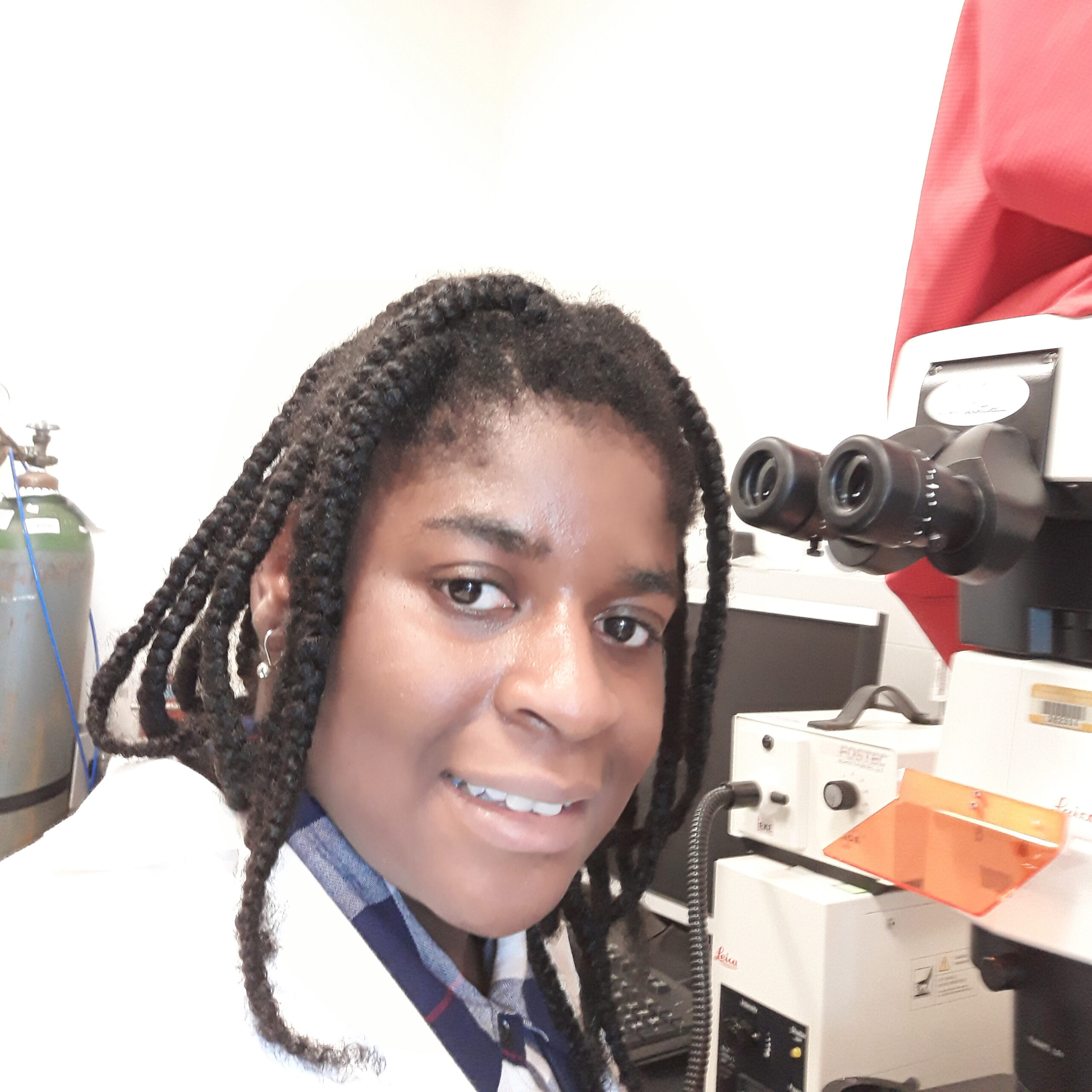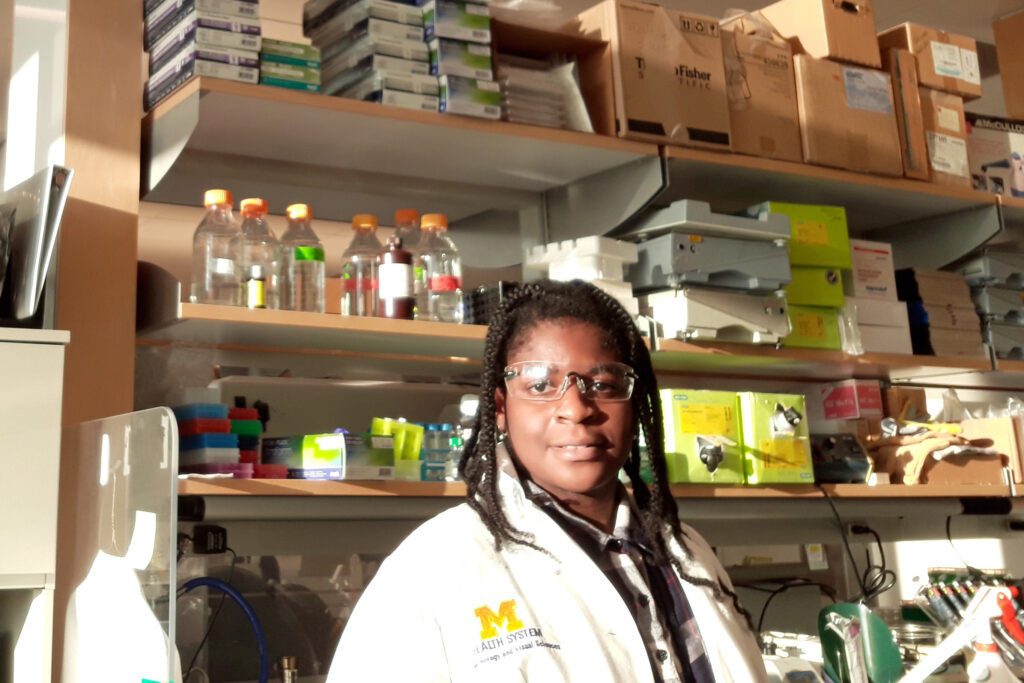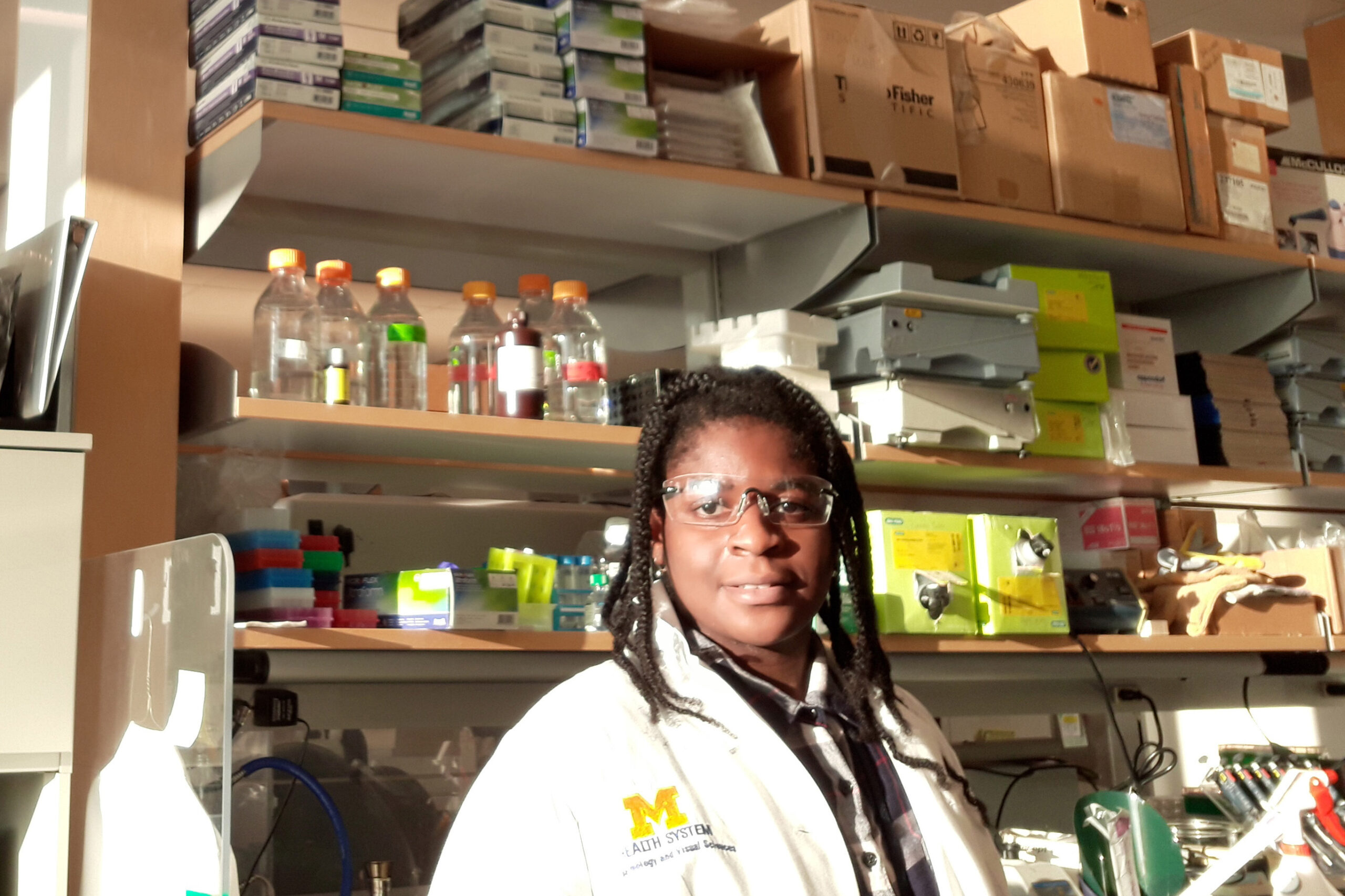With the power to control everything from our body temperature to our perception of color, the human brain is one of the most intriguing, complex mysteries of the natural world. Ever since the first discoveries of neural structure amidst the swirling sands of Ancient Egypt, humankind has been fascinated by its seemingly infinite capabilities encapsulated within an unassuming, grey form. Today studies of the mind have blurred the distinction between neuroscience and science fiction, especially with the development of neuro-regenerative medicine.
This is both the passion and the career of Antoinette Danku, a current graduate student at the University of Michigan, who spends her days in a research lab working toward a future where the brain can fully heal damage.

“Even if we found a cure to neuro-degeneration, all the neurons lost would be unrecoverable, and the brain damage would be irreparable. This is why we need to focus on regeneration.”
When the human brain is damaged by a stroke, bleed, aneurysm, or other trauma, millions of brain cells are jeopardized, leading to cell death and permanent physical injury. Regeneration focuses on remedying these grave injuries through regenerating previously incapacitated areas of the brain. Antoinette’s lab examines the biological structures and properties of zebrafish eyes to understand why the fish are able to regenerate their tissues when humans cannot.
“Once we discover how the fish are able to recover damaged neurons, we could one day replicate the process in humans.” she said. “I was passionate about being a researcher, so I joined a lab that focuses on how the central nervous system can recover and replenish lost neurons.”
In addition to her research for the University of Michigan, her subject matter expertise has been applied to a corporate laboratory environment through a prestigious internship at Genentech. In 2019, Antoinette spent her summer working as a research and early development intern in Genentech labs, studying the subtleties of the human nervous system, and uncovering the secrets of neurofilaments.

“My entrepreneurship classes gave me so much interdisciplinary insight I could apply to my neuroscience research…I was mind blown,” she said.
There is no such thing as a typical entrepreneur. With CFE classes open to every class standing, school, and major, entrepreneurship classes blend students with backgrounds in everything from science and engineering, to the arts. After having experienced a wide variety of innovation-focused classes throughout her pursuit of the Innovation and Entrepreneurship Graduate Certificate, the class she gained the most from was ENTR 530 Innovation and IP Strategy.
“The course was so engaging, but my favorite part was my classmates. I’ve learned so much from their perspectives and experiences… I can apply their insight to my own learning.”
Antoinette drew inspiration from the unique academic experiences around her and has applied them to several of her personal biology-oriented projects.

“These problem solving strategies ultimately make me a better scientist,” she shared.
From cancer biology projects to anything she might encounter in future scientific endeavors, these insights can provide deeper understanding and broader perspective-improving the future for us all.
“It gives me so much that I can really bring to the table further along in my career,” she said.
Whether she’s applying sophisticated engineering principles to the mysteries of the human brain or studying the regenerative processes of zebrafish, Antoinette Danku’s accomplishments might sound like science fiction. But her guiding philosophy is simple and applicable to any student looking for a multi-disciplinary academic career: Learn everything you can from anyone you can, and what you find will surprise you.


